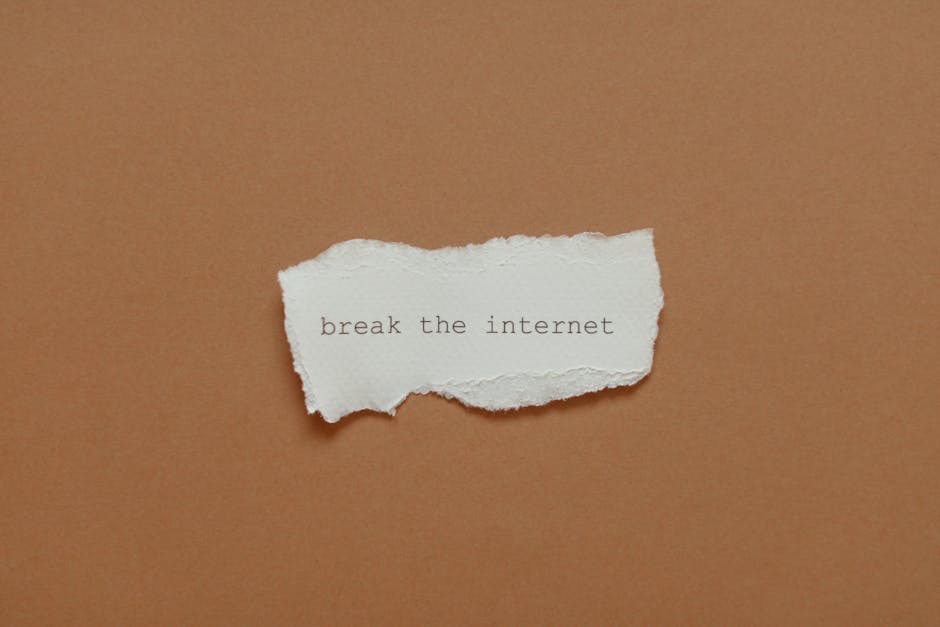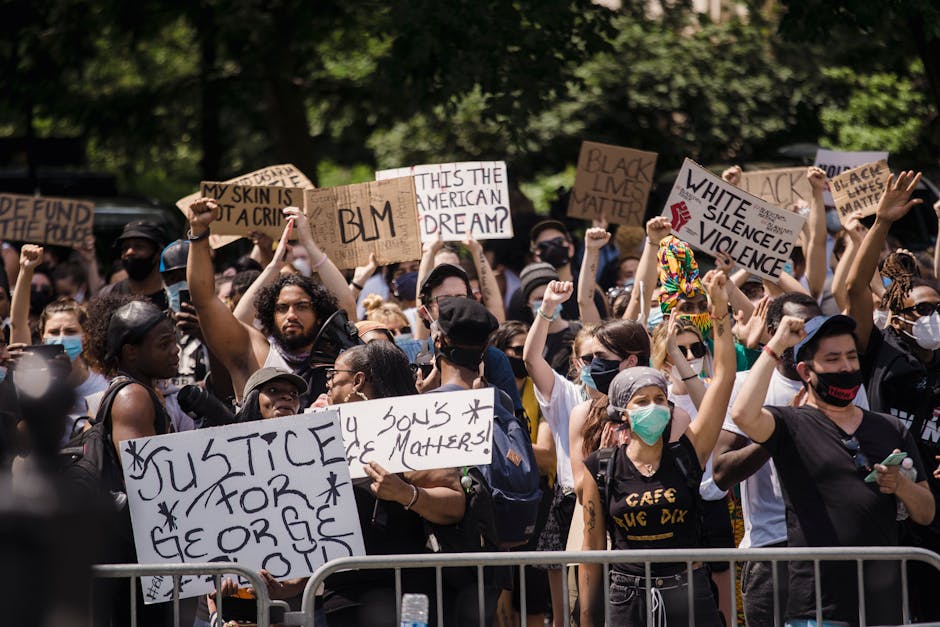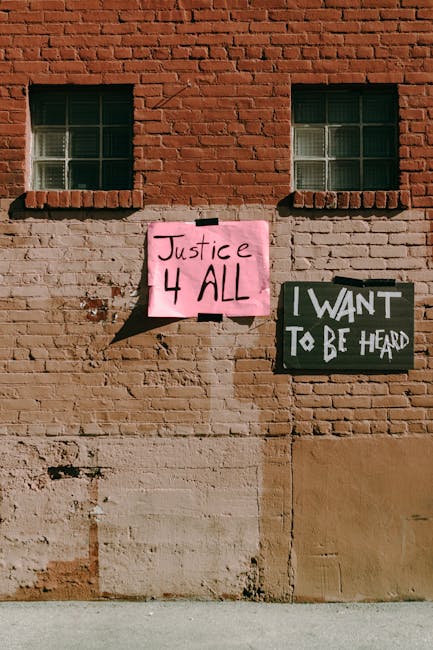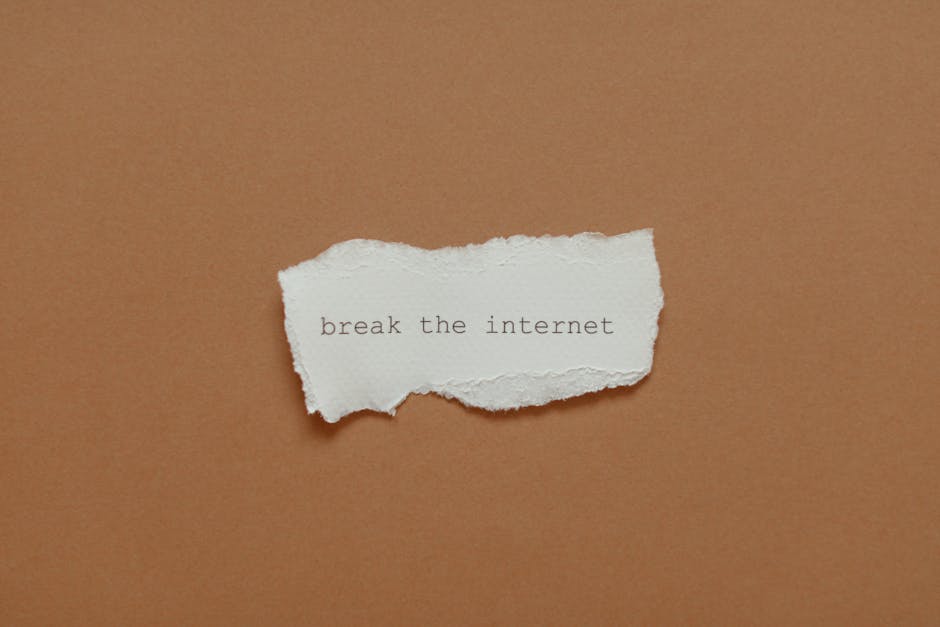The George Floyd Meme: A Complex Legacy of Grief, Protest, and Online Discourse
The death of George Floyd on May 25, 2020, sparked unprecedented global protests against police brutality and racial injustice. While the tragic event itself is beyond the scope of lighthearted discussion, the subsequent proliferation of memes related to George Floyd presents a complex and multifaceted phenomenon demanding critical analysis. This article delves into the various ways George Floyd’s image and story have been appropriated online, exploring the diverse interpretations, ethical considerations, and the lasting impact these memes have on the ongoing conversation about race and social justice.
The Nature of Online Memorialization and Meme-ification
The internet, often a space for rapid information dissemination, also serves as a digital memorial. Following significant events, especially those involving public figures, the deceased often become the subject of online tributes, discussions, and inevitably, memes. The creation of memes surrounding George Floyd falls within this context, though the sensitivities surrounding his death make the analysis significantly more nuanced.

Memes, by their nature, are often simplified, repetitive, and easily shareable. This characteristic can be both beneficial and detrimental in the context of a tragedy like George Floyd’s death. On one hand, the memetic nature allows for rapid dissemination of information and awareness, potentially mobilizing support for the Black Lives Matter movement. On the other hand, the simplification inherent in meme creation can risk trivializing the gravity of the situation and potentially misrepresent the complex issues at play.
Types of George Floyd Memes: A Spectrum of Interpretations
The range of memes related to George Floyd is vast and diverse, spanning a spectrum from sincere expressions of grief and support to deeply problematic and offensive content. Categorizing these memes helps in understanding their function and impact.
- Pro-Justice Memes: These often utilize images of Floyd’s face alongside powerful slogans supporting the Black Lives Matter movement or calling for police reform. They serve as visual shorthand for complex political and social messages.
- Memorializing Memes: Some memes aim to honor Floyd’s memory, focusing on his image and words of remembrance. These often appear in a more somber tone and aim to keep his story alive.
- Satirical Memes: A more controversial category, these memes use humor or irony to address systemic issues or highlight hypocrisy. However, the potential for misinterpretation and offense is high in this category, requiring careful consideration of context and intention.
- Controversial and Offensive Memes: Sadly, many memes have emerged that trivialize Floyd’s death, mock the protests, or perpetuate harmful stereotypes. These often exploit his image for malicious purposes, promoting racism and hatred.
Ethical Considerations and the Power of Representation
The use of George Floyd’s image in memes raises complex ethical questions. While some argue that meme-ification can be a form of online memorialization or activism, others emphasize the importance of respecting the dignity of the deceased and avoiding the further commodification of his suffering.
The lack of consent is a significant ethical concern. Floyd, understandably, could not consent to the use of his image in a vast array of online contexts, many of which are deeply disrespectful. The power dynamics inherent in the creation and dissemination of these memes further complicate the issue.
The Role of Social Media Platforms
Social media platforms have a crucial role to play in regulating the spread of harmful and offensive content. The challenge lies in balancing freedom of expression with the need to protect individuals from online abuse and harassment. The effectiveness of these platforms in moderating such content is a subject of ongoing debate.

The Impact on the Ongoing Conversation about Race and Justice
The prevalence of George Floyd memes, both positive and negative, has significantly influenced the broader conversation around racial justice. While some memes have served to amplify calls for reform, others have been used to spread misinformation, incite hatred, or undermine the movement for social change.
The impact is complex and multifaceted. On one hand, the sheer volume of memes related to George Floyd demonstrates the widespread global interest in these issues. On the other hand, the presence of inflammatory and offensive content can create counterproductive polarization and hinder productive dialogue.
Long-Term Implications and the Evolution of Online Discourse
The George Floyd memes represent a crucial case study in the evolving relationship between online discourse, social movements, and the ethics of online representation. Analyzing these memes provides valuable insights into how digital platforms shape public opinion and contribute to, or hinder, social change.
As technology advances, understanding the impact and implications of online memorials and the ethical complexities of meme culture is crucial for navigating sensitive and potentially divisive issues. The ongoing conversation about the George Floyd memes will undoubtedly inform future discussions regarding the role of digital platforms and their responsibility in shaping online narratives.

Conclusion: Navigating the Nuances of a Digital Memorial
The legacy of George Floyd extends far beyond his tragic death. The proliferation of memes related to him reflects the complex and often contradictory ways individuals grapple with grief, protest, and the power of online representation. Understanding the diverse interpretations, ethical considerations, and long-term impacts of these memes is essential for navigating the ever-evolving landscape of digital memorialization and online social movements. The conversations sparked by these memes will continue to shape discussions about race, justice, and the responsibilities of online communities for years to come.

